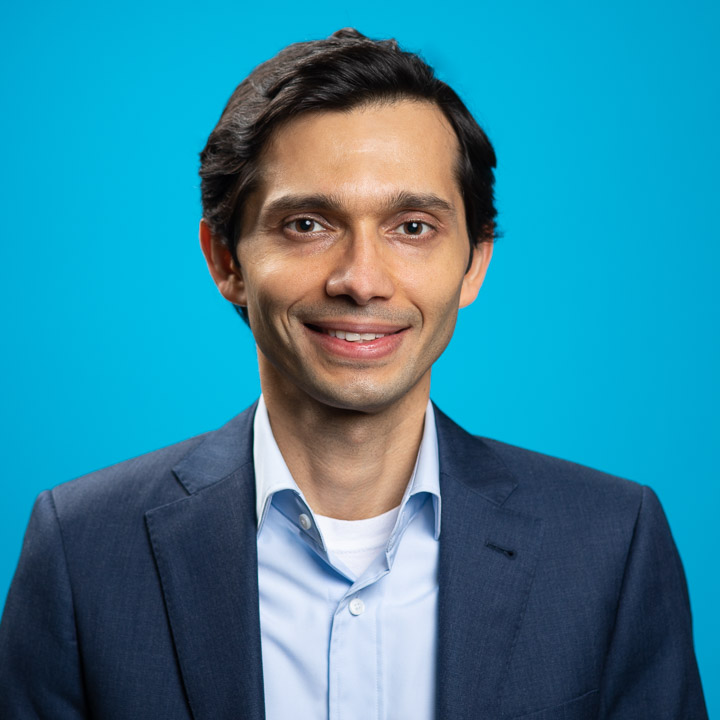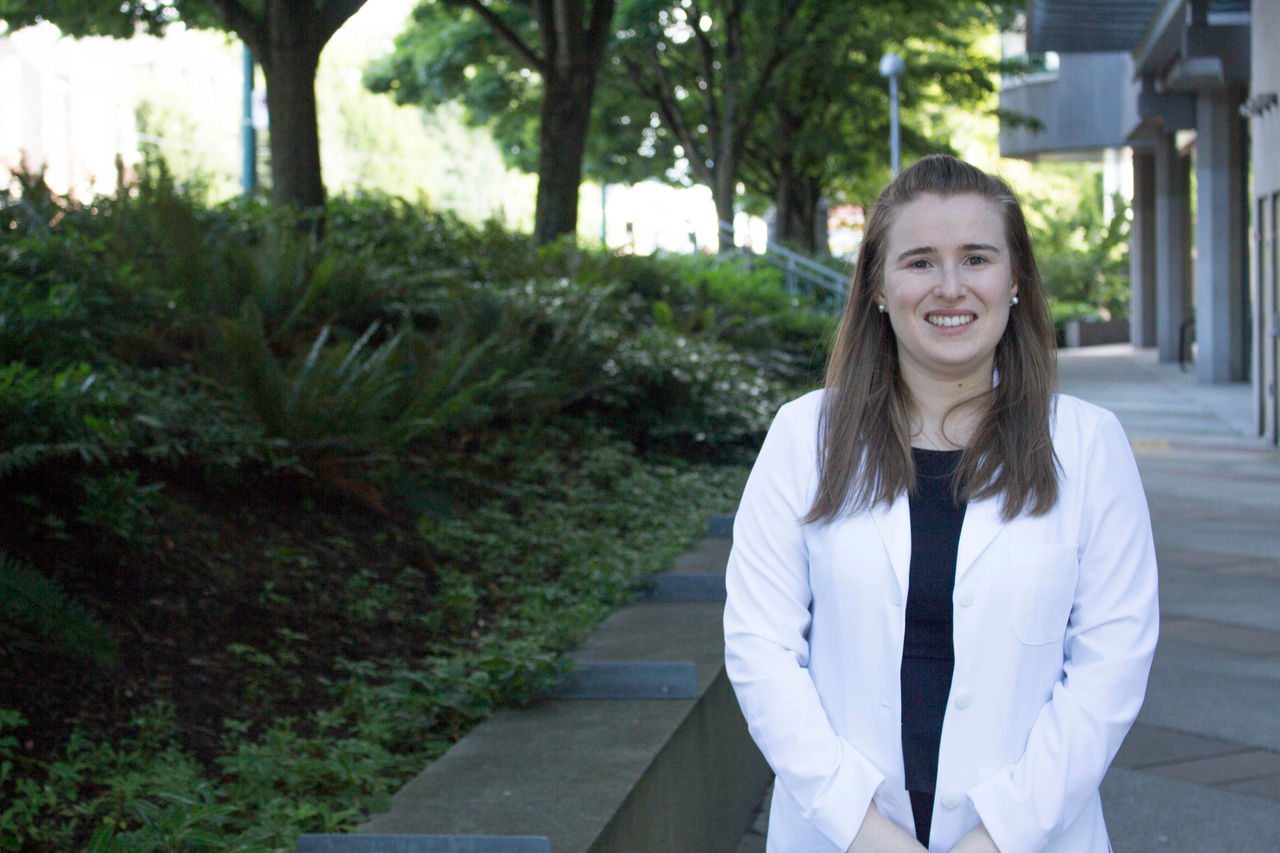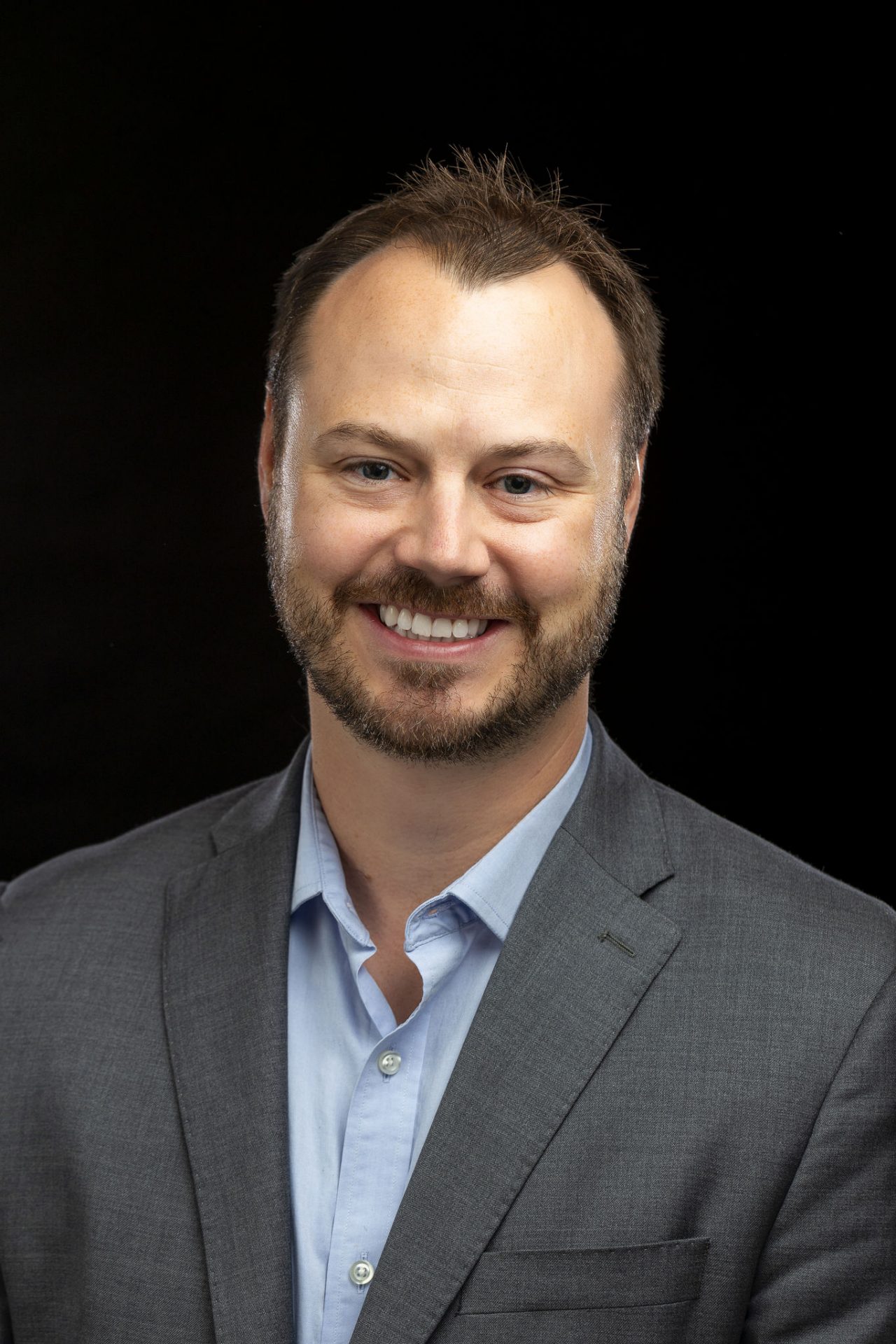- My MOC
- Directory
Menu
 5 MIN READ
5 MIN READ
The 2024 Royal College Award for Early Career Leadership recipients are bringing about change and improving care in their specialties through remarkable innovation and leadership. Each year, this award recognizes three Royal College Fellows — within the first seven years of independent practice — who have shown outstanding leadership, initiative, service and/or innovation in professional practice/patient care, medical education/continuing professional development and health policy/health systems.

Dr. Venkat Bhat (submitted photo)
Venkat Bhat, MD, FRCPC, MSc, is a psychiatrist whose research is making life better for patients with treatment‐resistant mental illness (TRMI) in Ontario and across Canada.
“I try to understand things we don't know and make a difference for people who may be having challenges within the mental health realm, particularly treatment resistant mental illness," he says.
Dr. Bhat developed and now leads the Interventional Psychiatry Program (IPP) at St. Michael’s Hospital in Toronto. He envisioned and developed the IPP’s three pillars of treatment: repurposing anesthetics, neurostimulation and digital therapeutics.
In addressing TRMI, he champions an interdisciplinary approach, as demonstrated by the network of students and faculty across disciplines (ranging from the social sciences to engineering) within the program.
“At the intersection of disciplines, new knowledge can be created,” he explains. “And particularly with something like understanding the human experience, it is important to work across disciplines.”
In therapeutics, the IPP works to increase accessibility to treatments, such as ketamine, within the public hospital system. “We wanted these emerging treatments, where there is evidence, to be available within the public hospital system and to build the case for these treatments to be more broadly available.”
More than 600 patients with TRMI have received IV ketamine, which was otherwise unavailable to them, since the IPP’s launch in 2021.
Dr. Bhat also established the Digital Interventions and Intelligence Group (DiiG) – a clinical and research program that now stretches across Canada. DiiG develops critical digital therapeutics for health care providers, first responders, federal employees and Indigenous communities in addressing mental illness.
His research program has attracted $34 million in operating grants and $2 million in infrastructure development grants since January 2020.
“Dr. Bhat’s work in developing the interdisciplinary IPP is exemplary and demonstrates the highest quality of professional and health advocacy, mobilization of resources to effect change, and innovative patient care accompanied by patient‐centered technological innovation,” says Michael Tibollo, Ontario’s associate minister for mental health and addictions.
Dr. Kathryn Darras is the recipient of the 2024 Royal College Award for Early Career Leadership – Medical Education and Continuing Professional Development.

Dr. Kathryn E. Darras (submitted photo)
Kathryn E. Darras, MD, FRCPC, radiologist and nuclear medicine physician at Vancouver General Hospital, and clinical associate professor at the University of British Columbia (UBC), is widely recognized by colleagues as an outstanding teacher, mentor, leader and role model in medical education. Dr. Darras serves as the UBC Nuclear Medicine Residency Program director and the director of UBC Undergraduate Radiology Education.
“Of all the programs here at UBC, she has distinguished herself as one of the most exemplary program directors,” says Sonia Butterworth, MD, FRCPC, assistant dean, PGME at UBC. “[As the Nuclear Medicine Program director] she embodies all the attributes we strive to impart to our residents through her authentic approach, expertise, curiosity, diligence, collaboration, humility, inspiration, conscientious communication, responsibility and professional approach which exceeds expectations.”
Dr. Darras’ innovations include the award-winning UBC Radiology Teaching App, which is one of the most used open-source mobile Radiology apps in the world. It was also accredited for 27 MainPro Level 3 credits and has hundreds of thousands of users.
She also transformed undergraduate anatomy teaching at UBC through her integration of the anatomy visualization table into the curriculum for students.
“Not only was UBC the first Canadian medical school to use this technology,” says UBC radiologist Bruce B. Forster, MD, FRCPC, “but Dr. Darras also led scientific studies to test its pedagogical utility, presenting the work at international conferences and publishing it in peer-reviewed journals, and forming part of her PhD thesis in education from the University of Maastricht.”
Dr. Darras has mentored dozens of medical students and supported the development of MI-RADS, an initiative to promote interest in Radiology among female medical students.
“Dr. Darras’ commitment to the Radiology and Nuclear Medicine Programs is exemplary,” says Dr. Forster. “She renewed the curriculum for the UBC Nuclear Medicine Program which included developing an international journal club collaboration with Stanford University, recruitment of adjunct faculty members from across Canada, and the development of a national academic half day, the latter of which is well attended by residents across Canada.”
Dr. David Campbell is the recipient of the 2024 Royal College Award for Early Career Leadership – Health Policy/Health Systems.

Dr. David Campbell (submitted photo)
David Campbell, MD, FRCPC, PhD, is an Internal Medicine specialist with subspecialty training in Endocrinology and Metabolism, and advanced research training in health services research. His innovative research program identifies and advocates for health system and policy changes to improve the health of the most vulnerable patients with diabetes, especially the unhoused and those facing financial hardship.
Currently an associate professor at the Cumming School of Medicine, University of Calgary, his focus on vulnerable patients is rooted in his undergraduate and master’s education in anthropology, during which he intermittently went to Haiti, learning about the country’s most vulnerable populations.
“I just fell in love with the people, who saw the world in a very different way than how I grew up seeing the world and who had very different challenges and a very different life experience that I had never been exposed to,” says Dr. Campbell. “It just opened my eyes to a lot of things, in particular the idea of social justice and injustice.”
Dr. Campbell’s doctoral research focused on patients with financial barriers and creating health policy/health systems intervention solutions. During his doctorate, he co-led a 5000-patient randomized trial – the ACCESS study – which assessed the implications of providing medications without copayment and/or self-management support to low-income seniors.
Since 2021, he has received 11 Canadian Institutes of Health Research grants as principal investigator, most for grants in health policy/health systems.
His current research includes a large trial of whether a novel smart-phone app he developed with colleagues and patient partners can prevent medication complications in patients with chronic diseases during acute illness.
He is also implementing and evaluating a mobile diabetes care program to better serve vulnerable populations in southern Alberta. “What we've tried to do is centralize all of the diabetes specialty care needs that somebody might have into one location that's mobile so we can take it to different parts of the city,” he explains. “We focus on parts of the city where there's a higher burden of social disadvantage, where typical services don't serve them.”
“Each of these studies highlights Dave’s commitment to improving health outcomes for people facing social disadvantages, and his innovative thinking about how health care is provided to these unique populations,” says Braden Manns, MD, FRCPC, professor in health economics at the Cumming School.